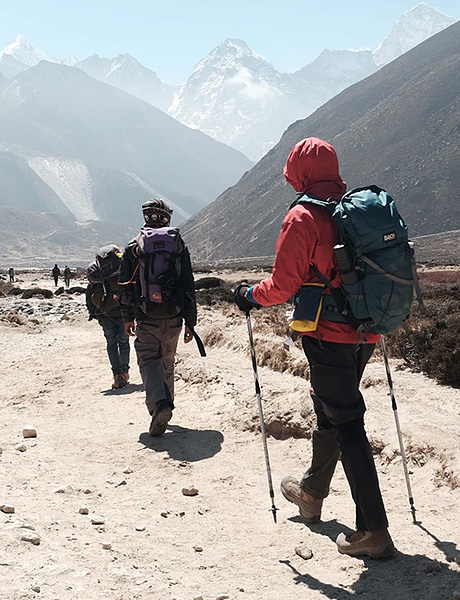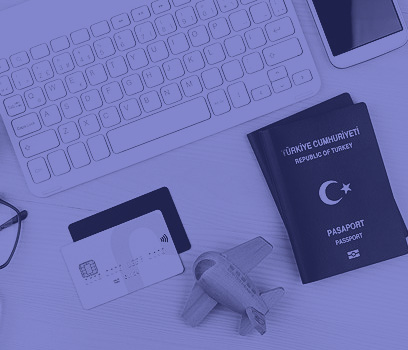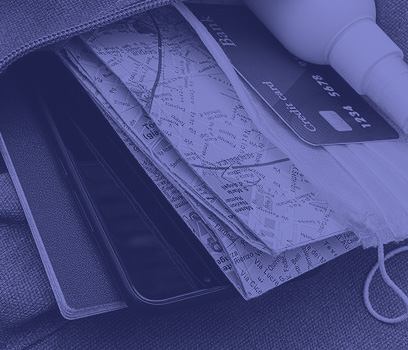Tours & Activities
Bookings are a “must have” for Tours and Activity Businesses
Booking is a core requirement for tours and activities providers. Booking is a necessary part of your business, which requires individual customers to be able to view your offers and “sign up” to participate. It is absolutely critical to automate manual processes to avoid wasted time on back-and-forth phone calls, double bookings, and no-shows. This is true even for a one-person operation!
The types of events that are offered vary widely, and can include one-on-one or group activities provided by individuals with specific knowledge and skills, for example, city tours, outdoor adventures, etc. Activities that are location based can include escape rooms, ziplines, challenge courses, or facility tours.
You can also use booking as a way to promote offers to new customers. Offering discounts at off-peak hours to fill available slots, or selling last-minute tickets to events can generate new revenue. And of course, using customer information for to promote future offers is vital.
In addition to offering bookings via your own website or mobile app, you should use additional channels including Facebook and Reserve with Google.


COVID-19 Coronavirus Impact
COVID-19 has had a major impact on activites and tours. Live entertainment has moved to virtual offers. Tourism based businesses have switched to “local marketing” which has required new initiatives. These changes have meant that having a flexible booking solution is even more critical.


Booking Systems
The primary use of booking systems is to automate the process of “filling the inventory”, whether it is for tours, activities, events, or attractions. Even today, many businesses still use manual processes to manage their booking process—but this is no longer necessary with the number cost-effective solutions available today.
The basic features that booking systems provide allow you to effectively operate your business:
- A web page (or widget) to make your offers
- Mobile app support, which includes an app (or mobile friendly website) that customers can use, and for your staff
- Integration with a point of sale (POS) system
- Ability to configure the availability of activities
- Setting pricing, including basic “pricing rules” for your offers
Beyond the basics, most systems also have features to promote your business:
- Ability to track customers that have booked, including a history of activities (some systems will integrate with existing CRM as well)
- Ability to send targeted email and marketing messages to new or existing customers, or integrate with e-mail and newsletter tools
- Promotion of your offerings to the online tour operators (OTA) market; this can be done directly, or through your vendor
The types of systems that operators can choose from are widely varying. High end systems provide “all in one” capabilities, where booking is one component of a larger system. Other solutions focus on a single element of booking, for example, providing discounted offers, visibility via a “marketplace” app or website to a region or city, but not providing any other back-end solutions.


Business Models
Depending on whether your vendor is “full service” or “transactional”, you will see a mix of different business models.
If you were to contract for a “full service” system, you might see pricing as follows:
- One-time Installation Fee. Includes on-site installation, training, and custom configuration. This can range from free (if you sign up for annual contract), to hundreds of dollars.
- Monthly Subscription Fee. Covers software and upgrades, and may be per-user, per-activity, or per business location. Some vendors charge only a monthly fee and not commissions.
- Online Booking Fee. Basically, a commission for a transaction. Your vendor may charge directly per booking, or use an integrated payment gateway (POS) and cover the charge through the merchant fee.
- Distribution Channel (“Marketplace”) Fee. This is a commission paid to the network that brought you the sale. Industry standards vary between 10% to 25% per booking.
The industry continues to see a consolidation of players in this sector. Large OTAs such as Booking.com, Expedia, TripAdvisor, Ctrip and Airbnb, have purchased companies or have expanded their own tour and activities offerings. Ultimately, the commission paid to OTAs replaces direct marketing costs for your business, but you still need to decide which networks make sense.
Additional Channels
In addition to offering bookings from your own website or mobile app, your should also include Reserve with Google and Facebook. These options are commission-free and also important to get visibility for your business.
Reserve with Google
The Tours & Activities vertical has one the largest number of partners in the Reserve with Google program with nearly global coverage the Americas, Europe, and Asia. The program fits nicely in the “Google My Business” (GMB) page which should be part of your core marketing.
Facebook Appointments
Facebook provides several ways to provide appointments, including their own built-in system, integration with specific vendors, and the ability to add any booking button to your Business Profile. For more information on these options see Facebook Appointments.